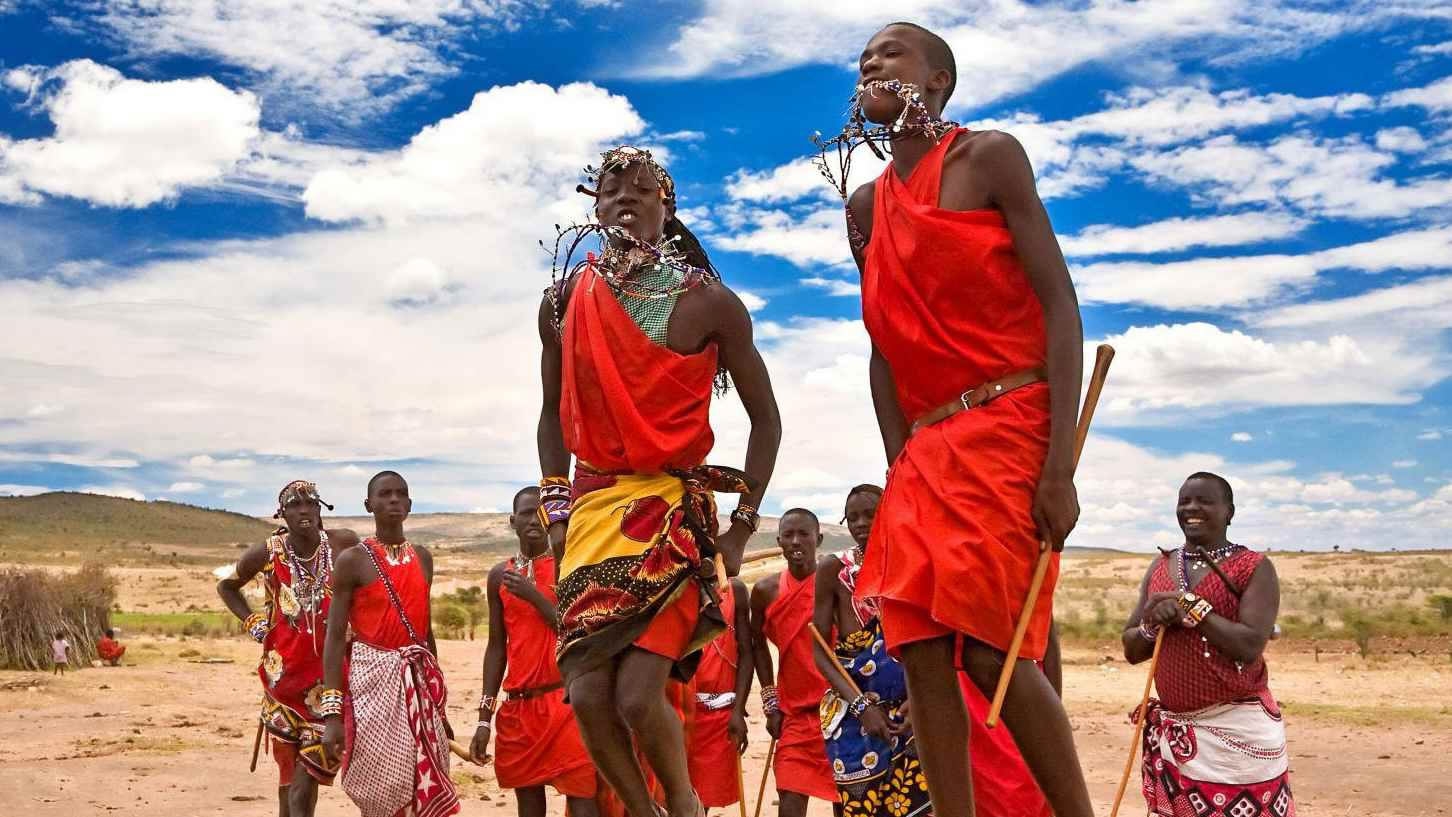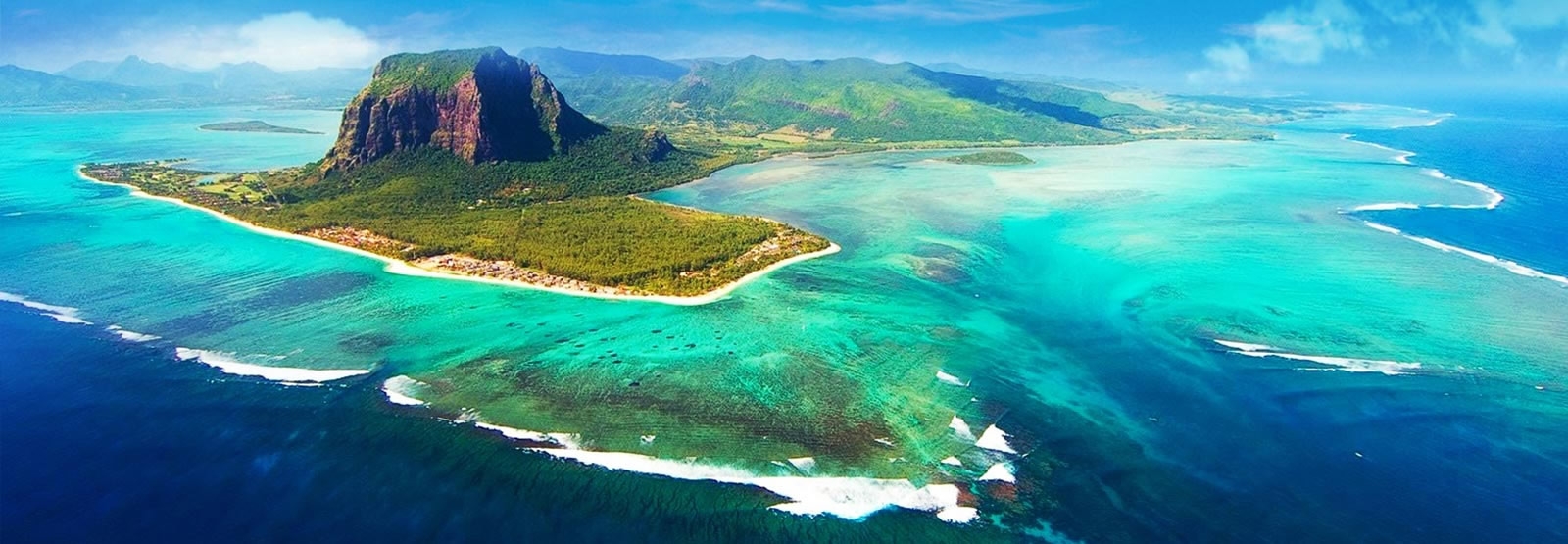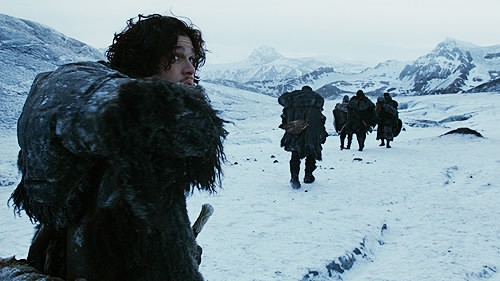
Culture
14:31, 17-Aug-2017
Chinese tourists choose Africa, Europe due to ‘Wolf Warrior 2,’ ‘Game of Thrones’
Li Jingjing

With summer blockbuster “Wolf Warrior 2” and HBO’s TV series “Game of Thrones” enthralling Chinese audiences, more Chinese tourists are heading to Africa and Europe to see and experience where they were filmed.
Domestic action film “Wolf Warrior 2,” released on July 27, had earned over 4.8 billion yuan (716 million US dollars) as of Wednesday, making it the biggest selling domestic movie in Chinese box office history.
The movie was partly shot in South Africa, Tanzania and Zambia, depicting a rescue operation conducted by a hero and the Chinese military after war breaks out in an African country. Filming locations ranged from the gritty Soweto and Alexandra neighborhoods of Johannesburg to some of Africa's finest national parks.

Promotional poster for Wolf Warrior 2./Photo via People's Daily
Promotional poster for Wolf Warrior 2./Photo via People's Daily
According to Ctrip, one of the biggest travel companies in China, bookings for flights to Africa have seen a dramatic increase this year. Mauritius is the most popular destination, followed by Cairo, Casablanca, Johannesburg and Nairobi.
Moreover, Chinese tourists are enjoying cheaper flight tickets.
Most round-trip tickets to African destinations were on average around 4,300 yuan (640 US dollars) in the first half of 2017, marking a year-on-year decrease of around three percent.
As well as the influence of the hit movie, an increase in the number of flight routes and easier visa procedures have also greatly helped boost Chinese tourism to Africa.
Many Chinese airlines have been establishing new flight routes between China and Africa since 2015, with direct flights available from first-tier cities like Beijing, Shanghai and Guangzhou. Some second tier cities have also gradually added direct routes to African destinations.
Chinese citizens no longer need visas to visit Mauritius and Morocco, and visa-upon-arrival is available in Egypt and Tanzania. Such convenience greatly influences Chinese tourists when it comes to deciding on a holiday destination.

Landscape of Mauritius./Photo via info-mauritius.com
Landscape of Mauritius./Photo via info-mauritius.com
While African countries are enjoying a boost thanks to Wolf Warrior 2, in Europe the Game of Thrones effect has seen Spain, Iceland, Croatia and Northern Ireland become ideal destinations for fans from all over the world ever since the series debuted in 2011.
“The influence of pop culture, movies and TV to tourists is huge, especially to the young generation. Hit shows like 'Game of Thrones' have a great impact on the tourism of the shooting location,” Pan Haodong, TripAdvisor’s CEO in China told People’s Daily.
According to TripAdvisor’s data, Spain's Castle of Zafra - which featured as the Tower of Joy in Game of Thrones - has seen a 488 percent year-on-year increase since the release of Season 6.
Iceland, another major filming location for the fantasy series, has seen a 531 percent increase in tourists since the show started in 2011.
Among the Game of Thrones tourists that visit these countries, those from the US and the UK counted for the most.
Chinese Westeros fans are also showing a greater interest in the series' filming locations. Chinese visitors to Croatia - where Dubrovnik doubles as King's Landing in the series - saw tourists increase 364 percent from 2013 to 2016.

A scene from Game of Thrones./Photo via ScienceFiction.com
A scene from Game of Thrones./Photo via ScienceFiction.com
In June, Hurun Report, a leading research unit in China, released The Chinese Luxury Traveler 2017, which shows the trends and preference of Chinese tourists.
The report shows Europe (49 percent), America (38%) and Africa (37%) are the top three destinations that Chinese tend to go to.
For Chinese millenials, Europe (46 percent) is still their top destination, yet that number has dropped 19 percent compared to last year. On the other hand, Africa (36 percent) and the Polar Regions (32 percent) increased 13 percent and 15 percent respectively, ranking as the 3rd and 4th most ideal destinations.
Although TV and movies greatly boost tourism in the short-term, how to ensure long-term development remains a question.
Chen Hongjin, general manager from Lvmama, a travel agency in China, told People’s Daily that TV and movies tend to cause a sensational effect for certain places, yet some are often just a flash in the pan. For travel agencies, how to use the sensational effect to boost long-term development and design products that meet tourists’ demands is crucial.
(Cover photo: Kenya tribe culture via africaendeavours.com)

SITEMAP
Copyright © 2018 CGTN. Beijing ICP prepared NO.16065310-3
Copyright © 2018 CGTN. Beijing ICP prepared NO.16065310-3